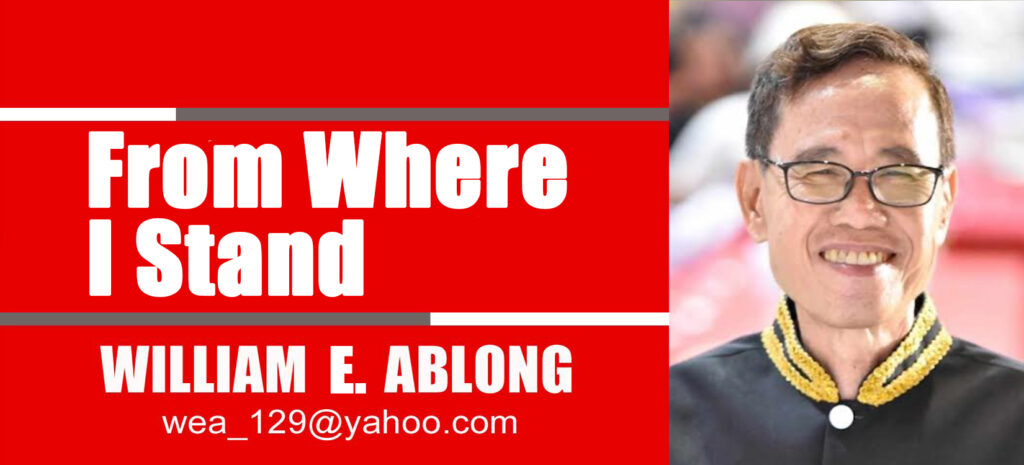
THE dust has settled. The confetti has been swept away. The 2025 Philippine elections are over, and for many hopefuls, the results weren’t what they’d envisioned. But defeat, while stinging, isn’t the end. It’s a pivotal moment, a crossroads where the path forward demands reflection, resilience, and a renewed commitment to public service.
For those who fell short, the immediate temptation might be to retreat, to lick wounds in private. However, the true measure of a leader lies not just in victory, but in how they respond to adversity.
The electorate has spoken, and while their message may be disheartening, it’s not necessarily a rejection of the candidate’s values or vision. It’s crucial to understand why the campaign fell short. Was it a lack of resources? Ineffective messaging? A disconnect with the electorate’s needs? Honest self-assessment is paramount. This requires a deep dive into campaign data, soliciting feedback from volunteers and supporters, and engaging in genuine introspection.
This period of reflection shouldn’t be one of self-pity. Instead, it’s an opportunity for growth. Losing an election can be a powerful teacher. It reveals weaknesses, highlights areas needing improvement, and forces a reassessment of strategies and approaches. This is a chance to refine their political platform, to better understand the pulse of the community, and to connect with constituents on a deeper level.
The next steps should involve strategic engagement. While stepping away from the immediate political fray might be tempting, complete withdrawal is counterproductive. Maintaining a presence—through community involvement, advocacy work, or contributing to public discourse—is vital. This demonstrates continued commitment to serving the people, even outside the halls of power. Supporting local initiatives, mentoring aspiring leaders, and engaging in constructive dialogue with the winning party can all contribute to building a stronger, more unified nation.
Furthermore, this is an opportunity to re-evaluate personal goals. Politics isn’t the only avenue for public service. The skills and experience gained during the campaign—organizing, communication, leadership—are transferable to numerous other spheres. Perhaps the path forward involves focusing on non-profit work, community development projects, or even exploring a different career path entirely.
Finally, remember the importance of grace and humility. Conceding gracefully, acknowledging the victory of the opposition, and fostering a spirit of unity are essential for maintaining a healthy democracy. This demonstrates maturity and respect for the democratic process, qualities that are highly valued by the electorate.
The 2025 elections may have ended in defeat for some, but it’s not a full stop. It’s a comma, a pause before the next chapter. By embracing reflection, growth, and continued engagement, those who lost can transform this setback into a springboard for future success – not just in politics, but in life. The journey of public service is a marathon, not a sprint. And the race is far from over.

